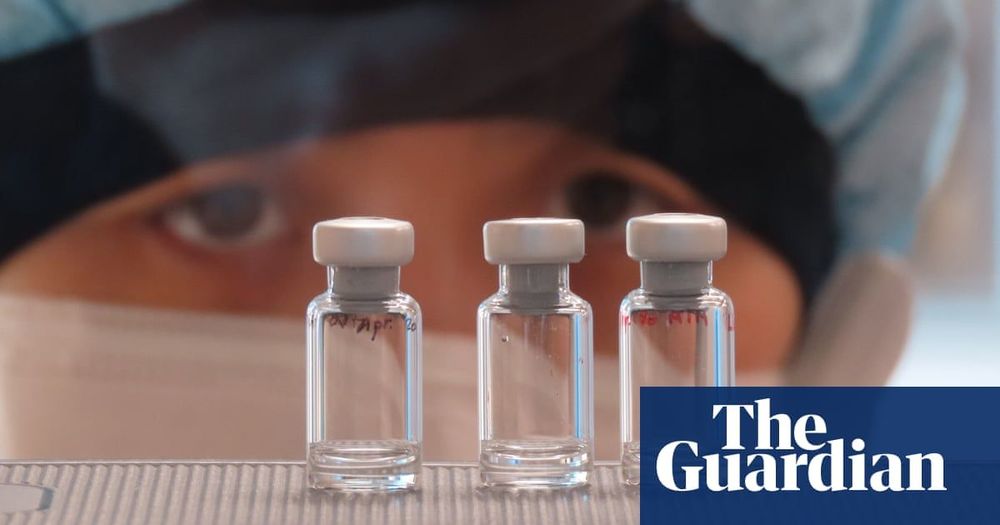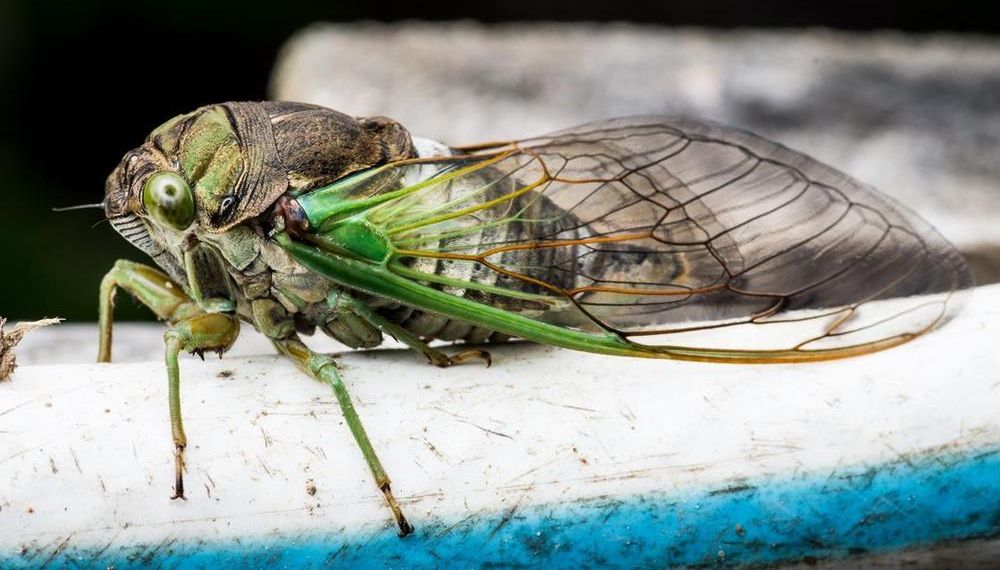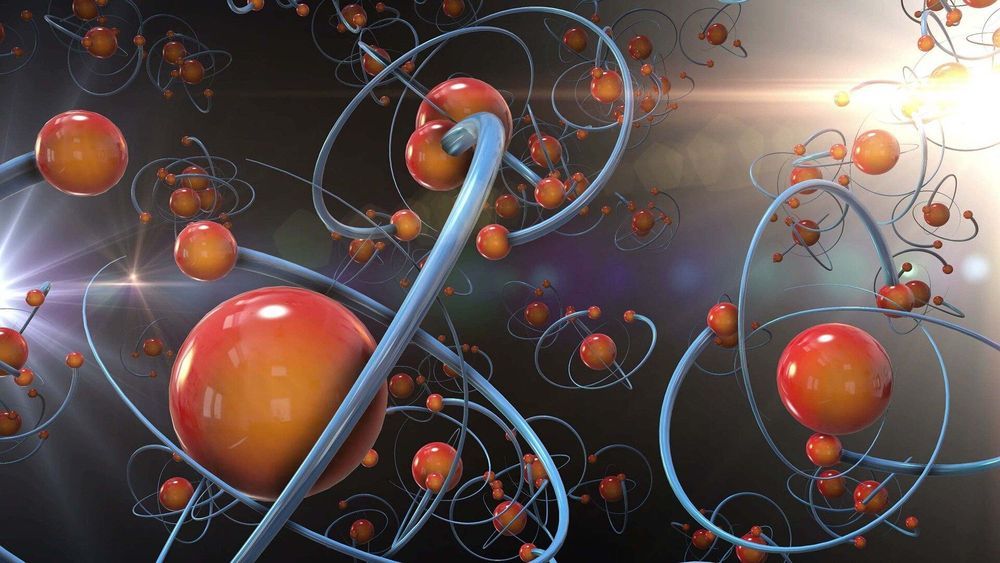Politicians have become more cautious about immunisation prospects. They are right to be.


Recorded May 27, 2020: Watch history unfold on Wednesday, May 27, as NASA and SpaceX launch astronauts Robert Behnken and Douglas Hurley to the International Space Station. This mission marks the first time since the retirement of the space shuttle in 2011 that humans will fly to the space station from U.S. soil.
Tune in starting at 12:15 p.m. EDT as NASA and SpaceX provide joint, live coverage from launch to arrival at the space station. Teams are targeting 4:33 p.m. EDT for the launch of the SpaceX Crew Dragon spacecraft atop a Falcon 9 rocket from historic Launch Complex 39A at NASA’s Kennedy Space Center in Florida. The Crew Dragon is scheduled to dock to the space station at 11:29 a.m. Thursday, May 28.
Learn more about the mission: https://www.nasa.gov/launchamerica/
Chats are moderated. Inappropriate language or posts that harass other individuals will be removed.
• Be courteous
• Use respectful language
• Protect your private information
• No spam, sexually explicit or discriminatory material
• Stay on topic.

Advances in artificial intelligence could soon make creating convincing fake audio and video – known as “deepfakes” – relatively easy. Making a person appear to say or do something they did not has the potential to take the war of disinformation to a whole new level. Scroll down for more on deepfakes and what the US government is doing to combat them.

Today we stand at an inflection point. In the months and years ahead, deepfakes threaten to grow from an Internet oddity to a widely destructive political and social force. Society needs to act now to prepare itself.
The first use case to which deepfake technology has been widely applied— as is often the case with new technologies—is pornography. As of September 2019, 96% of deepfake videos online were pornographic, according to the Deeptrace report.
A handful of websites dedicated specifically to deepfake pornography have emerged, collectively garnering hundreds of millions of views over the past two years. Deepfake pornography is almost always non-consensual, involving the artificial synthesis of explicit videos that feature famous celebrities or personal contacts.


The United Nations International Day of Happiness (UNIDOHappiness) recognizes happiness as a fundamental human right and goal, and is celebrated every March 20, forever.

Australia has certainly demonstrated its appetite for solar power. Now, with the average lifespan of a solar panel being approximately 20 years, many installations from the early 2000’s are set to reach end-of-life. Will they end up in landfill or be recycled? The cost of recycling is higher than landfill, and the value of recovered materials is smaller than the original, so there’s limited interest in recycling. But given the presence of heavy metals, such as lead and tin, if waste is managed poorly, we’re on track for another recycling crisis. A potential time bomb could present itself as an opportunity, however, if the global EV industry showed an interest in the recovered solar products.

Meticulously organised fatty acids are responsible for the bacteria-killing, superhydrophobic nanostructures on cicada wings. The team behind the discovery hopes that its work will inspire antimicrobial surfaces that mimic cicada wings for use in settings such as hospitals.
When in contact with dust, pollen and – importantly – water, the cicadas’ superhydrophobic wings repel matter to self-clean. These extraordinary properties are down to fatty acid nanopillars, periodically spaced and of nearly uniform height, that cover the wings.
Past work has generally only described cicadas’ wings as ‘waxy’ and not explained how these fatty acids nanopillars give rise to unique traits. Nor is it known exactly why cicada wings evolved antibacterial nanostructures. These gaps in our knowledge exist, in part, because of how diverse the cicada family is. But Marianne Alleyne’s group at the University of Illinois, Urbana–Champaign, along with colleagues at Sandia National Labs, set out to understand what role chemistry plays in the wings of two evolutionarily divergent species.

Researchers at MIT and elsewhere have combined the power of a super collider with techniques of laser spectroscopy to precisely measure a short-lived radioactive molecule, radium monofluoride, for the first time.
Precision studies of radioactive molecules open up possibilities for scientists to search for new physics beyond the Standard Model, such as phenomena that violate certain fundamental symmetries in nature, and to look for signs of dark matter. The team’s experimental technique could also be used to perform laboratory studies of radioactive molecules produced in astrophysical processes.
“Our results pave the way to high-precision studies of short-lived radioactive molecules, which could offer a new and unique laboratory for research in fundamental physics and other fields,” says the study’s lead author, Ronald Fernando Garcia Ruiz, assistant professor of physics at MIT.
